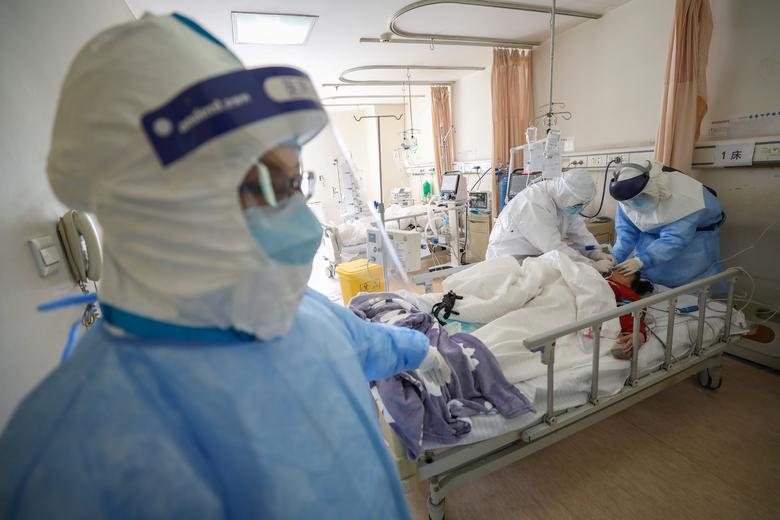American pharmaceutical and biotechnology company, Moderna has announced launching early-stage clinical trials of a vaccine for human immunodeficiency virus (HIV).
TheNewsGuru.com (TNG) reports Moderna made this known via a statement published on it’s official website on Thursday.
According to the statement, the first doses of the HIV vaccine that uses mRNA technology were administered at George Washington University (GWU) School of Medicine and Health Sciences in Washington, D.C.
Moderna teamed up with International AIDS Vaccine Initiative (IAVI) to develop the shot, which uses the same technology as Moderna’s successful COVID-19 vaccine.
Nearly 38 million people worldwide are living with HIV, which can lead to the potentially fatal disease, acquired immunodeficiency syndrome (AIDS).
Being diagnosed with HIV in the past was considered a death sentence. However, today, HIV is much more manageable with medications that can reduce viral loads to undetectable so the virus can’t be transmitted, as well as pills that can be taken to prevent infecting those who are HIV-negative.
Despite decades of research, no vaccine has ever been developed. Several candidates have entered clinical trials but failed in later stages.
Meanwhile, researchers hope that this breakthrough HIV vaccine can induce specific white blood cells, called B cells, which can then turn into what are known as broadly neutralizing antibodies that can neutralize the virus.
“We are tremendously excited to be advancing this new direction in HIV vaccine design with Moderna’s mRNA platform. The search for an HIV vaccine has been long and challenging, and having new tools in terms of immunogens and platforms could be the key to making rapid progress toward an urgently needed, effective HIV vaccine. We are grateful to all of our partners and especially to the Bill & Melinda Gates Foundation for funding this trial,” says Mark Feinberg, M.D., Ph.D., president and CEO of IAVI.
On his part, Stephen Hoge, M.D., President of Moderna, said: “We are very pleased to be partnering with IAVI and the Bill & Melinda Gates Foundation to apply our mRNA technology in the setting of HIV. At Moderna, we believe that mRNA offers a unique opportunity to address critical unmet public health needs around the world.
We believe advancing this HIV vaccine program in partnership with IAVI and Scripps Research is an important step in our mission to deliver on the potential for mRNA to improve human health”.
According to the statement, Phase I of the trial will enroll 56 healthy, HIV-negative adult participants at GWU and three additional sites: Hope Clinic of Emory Vaccine Center in Atlanta; Fred Hutchinson Cancer Research Center in Seattle; and the University of Texas-Health Science Center at San Antonio.
Of the volunteers, 48 will receive one or two doses of the mRNA vaccine, and 32 also will receive the booster. The remaining eight will receive just the booster.
Researchers will then monitor for safety and efficacy of the new vaccine for up to six months after participants receive their final dose.
“We’ve seen promising proof of concept for germline targeting in IAVI G001, and this trial lets us take that approach to the next stage. What’s more, we’ve been able to expedite production of clinical trial material at a remarkably rapid pace because of Moderna’s technology,” said William Schief, Ph.D., professor at Scripps Research and executive director of vaccine design at IAVI’s Neutralizing Antibody Center (NAC).

